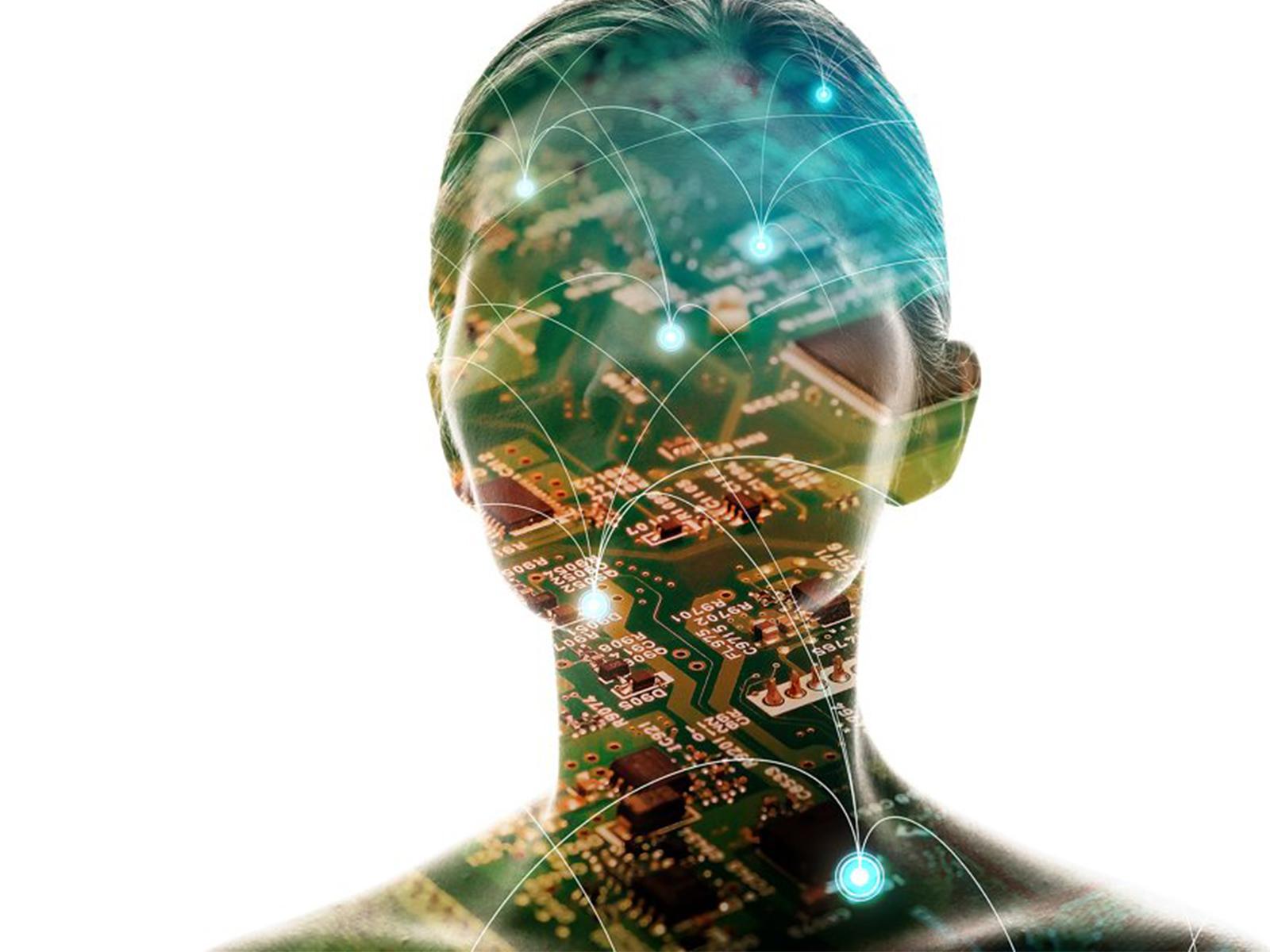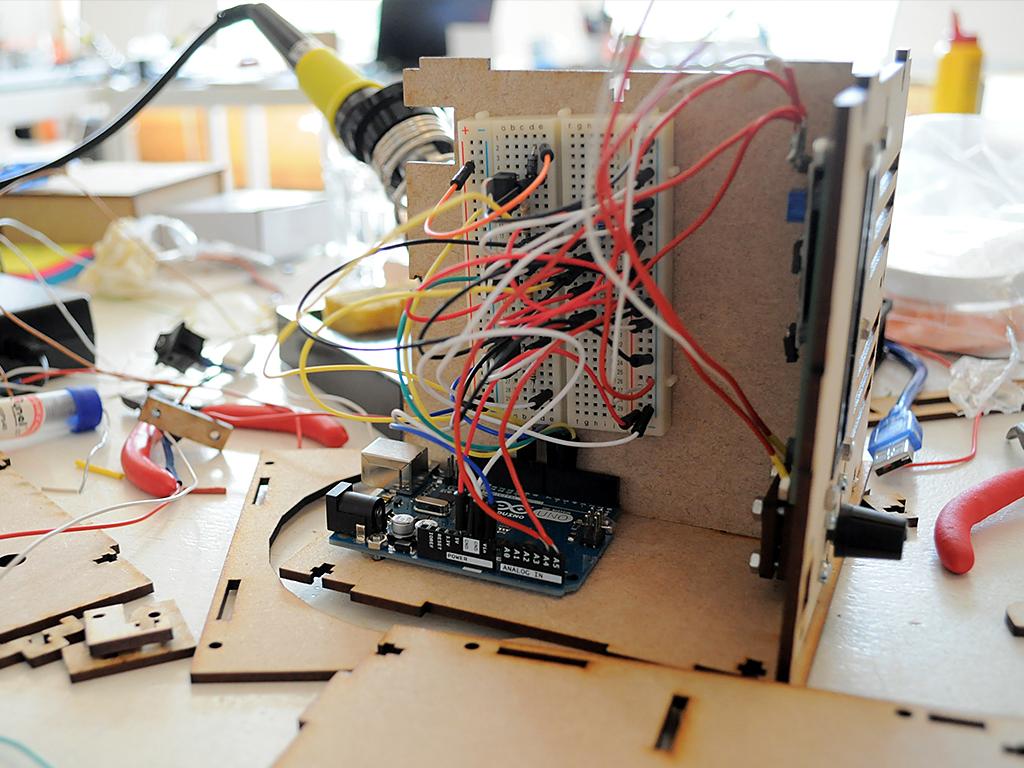A 'Critical Making' panel session and workshop will be held during the international conference Philosophy of Human-Technology Relations (PHTR): Postphenomenology and Philosophy of Technology at the DesignLab of the University of Twente, The Netherlands.
Lucas Evers of Waag will introduce the Critical Making project and join a workshop together with Agnieszka Anna Wołodźko (AKI Enschede), Frank Kresin (UT Design Lab), Marc Bouwmeester (AKI), Anja Groten (Hackers & Designers) and Dani Ploeger (artist).
Limited seats are available, access to this workshop does not grant access to rest the conference. If you would like to attend, please send us a request through our contact form, attn. of Lucas Evers.
The Critical (un)Making of Smart Cities
Do Smart Cities need Smart or Dumb Citizens? Cities that want to become 'Smart' in general overly use top down models of data services for consumers where, sometimes, in return for free mobile services, behavioural data is generated that fine tunes those services in order to attract and mine more consumers. Smart Cities are driven by platforms for extractive capitalism, amongst which sharing economies such as AirB&B, Postmates, and Taskrabbit, creating profits (not for sharing). It seems thus that the Smart Cities depend on the naivety of its citizens that rather than proactive agents of the city, are perceived as and encouraged to be its consumers only. City governments too often forget that such smartness is eventually not at all in the interest of their citizens.
Moreover, a rapid advance of technologies and their promise to create more and easier access for their users becomes quickly captured by equally rapidly mutating and adapting new mechanism of control by companies and stakeholders. We’ve started to ignore the phenomenon that complex solutions always bring on new complex errors - for instance, these technologies do tend not to bind people socially, causing splintered, fractured and myopic communities.
Despite the neoliberal mechanisms that seems to drive Smart Cities, the technologies behind the idea of Smart City encompass much larger areas of social and political use, not only for-companies-by-consumers, but also by-citizens-for-citizens or better even by-citizens-for-(urban)-ecologies.
So there is much to be done to overcome the inequalities and commodification Smart Cities tend to evoke in their primary mechanisms. The most important challenge that come to the fore is: how can citizens be empowered by re-thinking the Smart City meme? How can smart consumer technologies empower people to consume more sustainable (cooperative economies), and how can smart technologies make us from passive consumers to active producers? How can technologies help us understand and enable us to relate to cites in a more relational and collective way – where we perceive and treat not only citizens but also other human and nonhuman agents as living within the shared city ecologies? How can smart technologies help us make our own citizen agenda about, for instance, what are pollutants (eg. xeno-estrogens), what other water qualities can we measure (eg. Ritalin levels)? How can we make Smart Cities more socially critical and creative instead of only economically efficient? We need to create spaces where these questions cannot only be raised but also can actively be exercised and tested. We need aimless experimentation, reflection and debate on who we want to become in the Smart City before the Smart City will decide this for us.
We argue that the role and function of artistic practice and reflection is considered valuable and important in rethinking innovation. Arts’ capacity for creating spaces of encounter where unexpected questions, relations and implications are generated and welcomed becomes not only a reflection on the status quo, but an actual way of understanding and creation of meaning. If we want to understand what new realities are ahead of us in the rapidly evolving Smart City, we first have to slow down and allow ourselves first to think and experience all the complex and multiple relationalities and scenarios that the Smart City engenders. The arts being a reflective and productive practice offers thus the understanding of what might be important and what elements have an effect and affect on the human and non-human condition of living in the Smart City.
We thus propose to create a platform where making practices (being maker-labs, design labs, high-tech campuses, DIY practices) of solution-oriented nature can be raised together with making practices of reflective nature (the arts, philosophy, public research). In times where technology promises that almost everything is possible/makeable and yet societies and ecologies are under constant pressure of human technologies, the core question is of the simultaneity of making and un-making:
- If we can make everything, why do we make?
- If we can make everything, what do we make?
- If we can make everything, how do we make?
Programme
By Frank Kresin, Marc Boumeester, Lucas Evers, Anja Groten, Dani Ploeger and Agnieszka Anna Wołodźko.
13:15 - 13:30 introduction by Frank Kresin, Marc Boumeester, Lucas Evers (introducing the Critical Making project)
13:30 - 13:45 artist talk by Dani Ploeger
13:45 - 14:00 artist talk by Anja Groten
14:15 - 15:45 workshop by Dani Ploeger and Anja Groten
15:45 - 16:30 discussion panel

